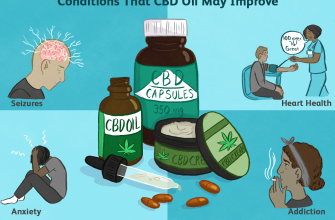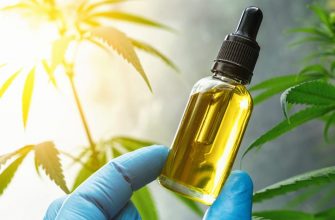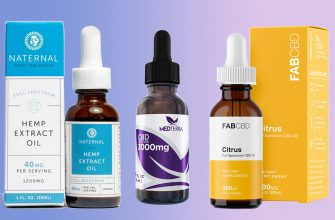- The heart is the most important organ that a person has.
- CBD: impact on our body
- Positive Benefits of CBD for the Heart
- Anti-inflammatory action
- High blood pressure
- Stroke
- Arrhythmia
- Cholesterol Reduction
- How does CBD affect the blood?
- CBD interactions with heart and blood medications
- How does CBD oil interact with anticoagulant drugs?
- How does CBD oil interact with antiplatelet drugs?
- How to take CBD and other medicines safely?
The heart is the most important organ that a person has.
A healthy heart is the key to a prosperous and happy life. With the heart we know the world, love, enjoy life. And for some reason, we often treat the heart without due attention and care, thinking about our future only when serious problems arise in the present. Perhaps that is why these same problems have now taken on the scale of a real epidemic: mortality from diseases of the cardiovascular system is firmly in first place in the list of diseases today.
CBD: impact on our body
CBD is a non-psychoactive compound in hemp that works with the endocannabinoid system (ECS) found in every mammalian body. CBD has similar properties to ECS, and controls important functions such as appetite, mood, sleep, temperature, reproductive system, immune system and more. In a nutshell, the purpose of the pacemaker is to create homeostasis, thus achieving the right balance in the body for optimal functioning.
Due to its positive properties, cannabidiol has become one of the most researched cannabinoids. Earlier this year, scientists found that CBD use did not cause liver toxicity – find out more in the article. And what about the heart?
Medical scientists are investigating whether CBD is a safer option for heart disease compared to conventional treatments prescribed by doctors. Though CBD does not work directly with the cardiovascular system, it has a positive effect on reducing the risk of heart disease due to the way it interacts with the endocannabinoid system.
Positive Benefits of CBD for the Heart
Inflammation is part of the process that leads to the development of many diseases, including coronary heart disease, high blood pressure, and stroke. As we already know, some of the strongest properties of CBD are anti-inflammatory and antioxidant actions that can reduce the risk of these diseases.
Other studies show the benefits of CBD for patients with cardiovascular diseases such as:
- arrhythmia
- atherosclerosis
- thrombosis
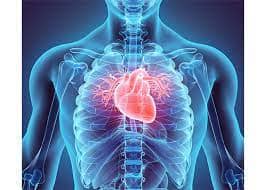
Anti-inflammatory action
Recent studies show that due to its immune-boosting, anti-inflammatory, and antioxidant properties, CBD can protect the heart from possible tissue damage caused by lack of oxygen and blood supply, as well as relax artery walls.
In addition, due to its anti-inflammatory properties, CBD may protect the heart from cardiomyopathy by stopping the production of endotoxins that cause some heart diseases. By stopping their production, CBD can help in the recovery process of such severe heart conditions.
High blood pressure
High blood pressure is a major risk factor for developing hypertension in the heart. An increase in pressure can be caused by various factors, one of which is chronic stress. In studies conducted in the United States on rats in 2009 and on volunteers in 2017, the subjects were subjected to a stressful situation. The dose of CBD lowered the pressure as well as the heart rate.
Researchers have also found that CBD can lower blood pressure by dilating blood vessels and allowing blood to flow more easily.
However, a 2017 review found that there is no evidence that CBD produces similar results under non-stressful conditions. Check with your doctor before using CBD if you have high blood pressure.
Stroke
Heart disease increases the risk of stroke. An ischemic stroke occurs when a blood clot blocks blood flow to the brain. A blood vessel in the brain can also burst, leading to a hemorrhagic stroke.
Two animal studies in 2010 and 2017 found that CBD could help stroke patients recover from brain damage and even promote recovery by boosting brain function. CBD has also been found to increase cerebral blood flow during a stroke.
Arrhythmia
A cardiac arrhythmia occurs when the electrical impulses in the body that help coordinate the beats of the heart do not work as they should. Some cardiac arrhythmias are harmless, but others can be life-threatening.
In one study in rats, CBD was noted to have a “cardioprotective” effect and may have an antiarrhythmic effect, reducing the incidence of ventricular arrhythmias.
Cholesterol Reduction
Cholesterol is a fatty lipid molecule found in every cell in the body. A 2011 study found that CBD affects metabolism-related genes that help manage cholesterol levels in microglial cells. Through this, it has been found that CBD can actually lower cholesterol by preventing high LDL cholesterol levels.
How does CBD affect the blood?
Studies show that CBD oil acts as antithrombotic agent This means that it reduces the formation of blood clots. In addition, CBD itself has been shown to have a mild anticoagulant effect, meaning it can act as a blood thinner. However, other studies have found that hemp oil affects platelets and anticoagulants, inhibiting their production and thereby potentially increasing bleeding tendency. More research is needed to fully understand how CBD affects the human body.
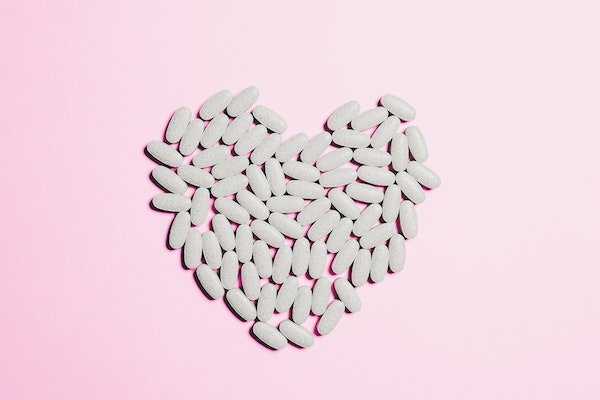
CBD interactions with heart and blood medications
Although there are many drugs prescribed as “blood thinners”. There are two main types of blood thinners: anticoagulants and antiplatelet agents. Different types of drugs act differently in the body. Anticoagulants, such as heparin, warfarin, or Coumadin, help blood flow freely through the bloodstream by reducing the amount of clotting proteins in the blood. They thin the blood and thus limit its ability to clot.
How does CBD oil interact with anticoagulant drugs?
There are many different types of anticoagulants, of which warfarin is one of the most commonly prescribed drugs. Warfarin is metabolized (processed in the body) by the P450 hepatic enzyme system. CBD, like warfarin, is processed (metabolized) in the liver by the same cytochrome P450 system, which can lead to insufficient metabolism of warfarin and its accumulation in the body when CBD and warfarin are taken together. CBD alone is not effective in thinning the blood, but elevated levels of warfarin can cause increased blood thinning and related complications.
Note that taking CBD along with warfarin may increase the risk of bleeding complications. Although warfarin usually reduces the risk of blood clots, too high an anticoagulant dose can cause serious bleeding: the blood cannot clot effectively, leading to an increased risk of heavy bleeding.
However, if a reasonable synergistic effect can be found between a dose of CBD and warfarin, a much smaller amount of this blood-thinning drug can be taken with the same effect as standard non-CBD doses. However, this will require agreement with the attending physician, who will regularly (approximately every 7-14 days) measure the level of blood thinning and adjust the dose of warfarin accordingly.
Taking blood thinners and CBL without consulting a doctor can be dangerous.
How does CBD oil interact with antiplatelet drugs?
The most commonly used drug is aspirin. Aspirin is metabolized (broken down) by the liver enzyme system, as is CBD and over 60% of all commonly used drugs.
Since the specific effects of combining cannabidiol (CBD) with aspirin have not been found in any scientific study, the combined use of these two substances is not recommended.
How to take CBD and other medicines safely?
Another way to determine if CBD oil and other prescription medications will interact negatively in the body is with the grapefruit test. One of the components of grapefruit interacts with cytochrome p450 enzymes – as does CBD oil. If your doctor recommends avoiding grapefruit or grapefruit juice during treatment, you should probably avoid hemp oil as well.

